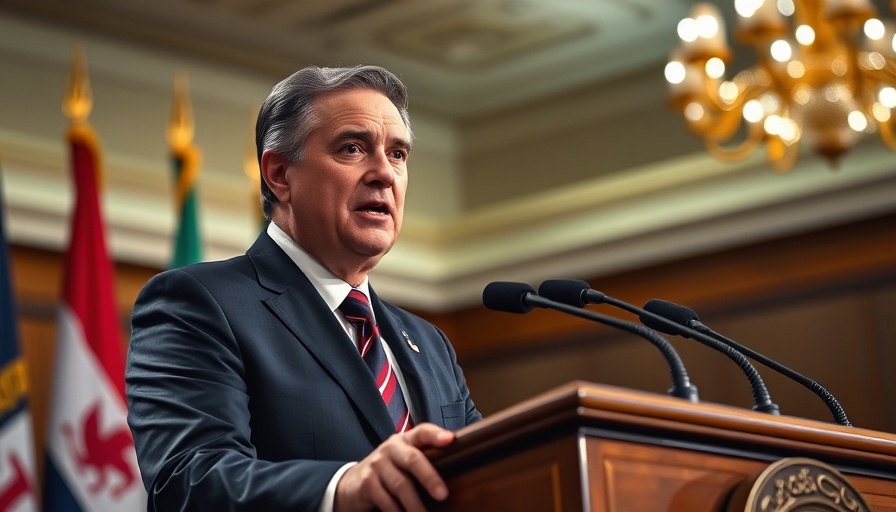
Trump Administration Slashes Mental Health and Addiction Funding
In a significant policy shift, the Trump administration has announced the revocation of approximately $11.4 billion in federal funding dedicated to addiction treatment programs and various mental health initiatives. Officials justify this decision by claiming a need to redirect resources towards a broader agenda of public health, asserting that COVID-19 measures are no longer necessary.
Potential Risks to Public Health
Experts have voiced serious concerns over the decision, highlighting the potential risks to individuals battling addiction and mental health issues. Keith Humphreys, a prominent addiction policy researcher at Stanford University, expressed that abruptly cutting funding will cause operational disruptions, jeopardizing the very services that rely on these grants. "This is chopping things off in the middle while people are actually doing the work," he noted, warning that many treatment facilities may close, leaving vulnerable populations without essential support.
Understanding the Landscape of Addiction Treatment Funding
Historically, federal funding has played a crucial role in advancing addiction treatment across the country. Since the declaration of the opioid crisis as a public health emergency, there has been a concerted effort to channel funds towards programs aimed at reducing overdose deaths and enhancing access to care. However, recent trends indicate that despite substantial funding, barriers remain, and the landscape of addiction treatment is continually evolving.
Impacts on Mental Health and Wellness Initiatives
This funding cut comes at a time when mental health awareness is gaining traction, and many communities are actively working on wellness initiatives. The collaboration between state public health departments and nonprofit organizations has resulted in innovative programs and resources designed to empower those struggling with mental health challenges. Experts warn that the withdrawal of federal support could derail these advancements, threatening to reverse the progress made in reducing overdose deaths and other health disparities.
A Call for Action in the Community
Community leaders and public health advocates are rallying to respond to this impending crisis. Regina LaBelle, a Georgetown University drug policy expert, criticized the administration's aggressive cuts, noting that overdose deaths have remained alarmingly high, exceeding 80,000 annually. This stark reality illustrates a pressing need for continued funding and support. Communities must remain vigilant, advocating for the resources necessary to sustain and enhance addiction treatment services.
What the Future Holds: Predictions and Perspectives
The shift in funding priorities raises questions about the future of addiction care and mental health initiatives in the U.S. As the Substance Abuse and Mental Health Services Administration merges into the newly formed Administration for a Healthy America (AHA), there are calls for clarity around how this restructuring will impact services moving forward. If the focus remains exclusively on chronic disease risks, will mental health concerns be deprioritized?
Staying Informed: Community Engagement is Key
For adults who prioritize health, wellness, and community support, the cuts in federal funding signal a critical moment of reflection and action. With advancements in mental health and well-being therapies significantly tied to available funding, the removal of resources could hinder innovative health initiatives that aim to foster wellness across all communities. Engaging in local advocacy efforts, pushing for equitable health policy, and contributing to community-led wellness programs are crucial steps individuals can take to ensure that vital services remain available.
By acknowledging the intertwined nature of community health and public policy, collective action can create a resilient support network that prioritizes mental health and addiction care.
Stay involved and informed to ensure that we all work towards a healthier future.
 Add Row
Add Row  Add
Add 




 Add Row
Add Row  Add
Add 

Write A Comment